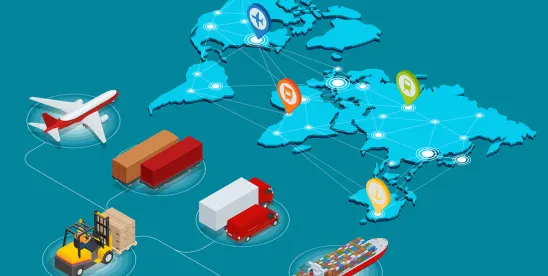In an advance notice of proposed rulemaking published on Jan. 3, 2025, the Department of Commerce's Bureau of Industry and Security (BIS) has requested public comment on proposed regulation of transactions involving unmanned aircraft systems (UAS) from China and Russia. Comments are due within 60 days of publication.
Pursuant to Executive Order 13873, Securing the Information and Communications Technology and Services Supply Chain, BIS has the authority to investigate and take action concerning information and communication technology and services that are designed, developed, manufactured, or supplied by persons owned by, controlled by, or subject to the jurisdiction or direction of foreign adversaries.
BIS has identified certain risks that may be posed by UAS, particularly from China, the dominant player cited by BIS as having at least 75 percent of the UAS consumer market, but also from Russia and other adversary countries.
BIS is requesting comments on the appropriate definition of UAS and the identification of critical components incorporated by UAS, including onboard computers for data processing and flight control; communications systems, including global navigation satellite systems; flight control systems; and software.
Ultimately, if BIS finds an undue or unacceptable risk of sabotage, subversion or catastrophic effects on U.S. critical infrastructure or digital economy, or determines that UAS otherwise poses an unacceptable risk to U.S. national security, BIS can impose a wide variety of measures. Such measures can include restrictions on the importation and sale of UAS from adversary countries, as well as restrictions on data collection and access. Such restrictions could also affect U.S. UAS producers that rely on subsystems and software from China in particular.
BIS is concerned that the involvement of foreign adversaries, notably China and Russia, in the design, development, manufacture, or supply of ICTS integral to UAS poses undue or unacceptable risk to U.S. national security, including U.S. ICTS supply chains and critical infrastructure, and to the security and safety of U.S. persons.




 />i
/>i

